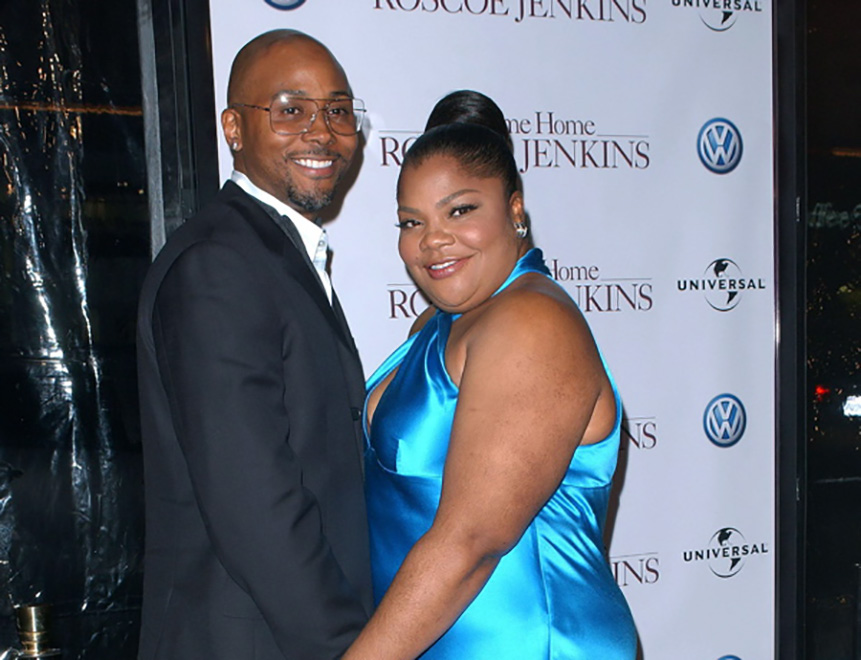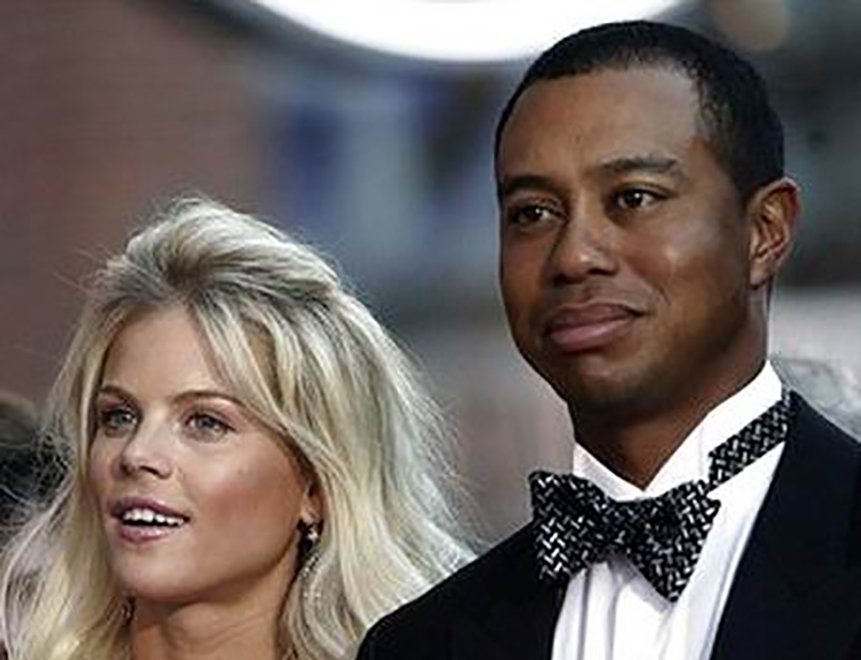
Psychology Today Says Black Women Aren’t Attractive
So since the uproar by What About Our Daughters readers, the article has since been pulled – but if you’d like to know what this offensive piece of mess by Psychology Today that was masquerading as “science” said keep reading:
Why Are Black Women Less Physically Attractive Than Other Women?
Why black women, but not black men?
Published on May 15, 2011 by Satoshi Kanazawa in The Scientific Fundamentalist_
There are marked race differences in physical attractiveness among women, but not among men. Why? Add Health measures the physical attractiveness of its respondents both objectively and subjectively. At the end of each interview, the interviewer rates the physical attractiveness of the respondent objectively on the following five-point scale: 1 = very unattractive, 2 = unattractive, 3 = about average, 4 = attractive, 5 = very attractive. The physical attractiveness of each Add Health respondent is measured three times by three different interviewers over seven years.
–
From these three scores, I can compute the latent “physical attractiveness factor” by a statistical procedure called factor analysis. Factor analysis has the added advantage of eliminating all random measurement errors that are inherent in any scientific measurement. The latent physical attractiveness factor has a mean of 0 and a standard deviation of 1.
–
Recall that women on average are more physically attractive than men. So women of all races are on average more physically attractive than the “average” Add Health respondent, except for black women. As the following graph shows, black women are statistically no different from the “average” Add Health respondent, and far less attractive than white, Asian, and Native American women.
–
In contrast, races do not differ in physical attractiveness among men, as the following graph shows. Men of all races are more or less equally less physically attractive than the “average” Add Health respondent.
–
This sex difference in the race differences in physical attractiveness – where physical attractiveness varies significantly by race among women, but not among men – is replicated at each Add Health wave (except that the race differences among men are statistically significant, albeit substantively very small, in Wave III). In each wave, black women are significantly less physically attractive than women of other races.
–
It is very interesting to note that, even though black women are objectively less physically attractive than other women, black women (and men) subjectively consider themselves to be far more physically attractive than others. In Wave III, Add Health asks its respondents to rate their own physical attractiveness subjectively on the following four-point scale: 1 = not at all, 2 = slightly, 3 = moderately, 4 = very. As you can see in the following graphs, both black women and black men rate themselves to be far more physically attractive than individuals of other races.
–
What accounts for the markedly lower average level of physical attractiveness among black women? Black women are on average much heavier than nonblack women. The mean body-mass index (BMI) at Wave III is 28.5 among black women and 26.1 among nonblack women. (Black and nonblack men do not differ in BMI: 27.0 vs. 26.9.) However, this is not the reason black women are less physically attractive than nonblack women. Black women have lower average level of physical attractiveness net of BMI. Nor can the race difference in intelligence (and the positive association between intelligence and physical attractiveness) account for the race difference in physical attractiveness among women. Black women are still less physically attractive than nonblack women net of BMI and intelligence. Net of intelligence, black men are significantly more physically attractive than nonblack men.
–
There are many biological and genetic differences between the races. However, such race differences usually exist in equal measure for both men and women. For example, because they have existed much longer in human evolutionary history, Africans have more mutations in their genomes than other races. And the mutation loads significantly decrease physical attractiveness (because physical attractiveness is a measure of genetic and developmental health). But since both black women and black men have higher mutation loads, it cannot explain why only black women are less physically attractive, while black men are, if anything, more attractive.
–
The only thing I can think of that might potentially explain the lower average level of physical attractiveness among black women is testosterone. Africans on average have higher levels of testosterone than other races, and testosterone, being an androgen (male hormone), affects the physical attractiveness of men and women differently. Men with higher levels of testosterone have more masculine features and are therefore more physically attractive. In contrast, women with higher levels of testosterone also have more masculine features and are therefore less physically attractive. The race differences in the level of testosterone can therefore potentially explain why black women are less physically attractive than women of other races, while (net of intelligence) black men are more physically attractive than men of other races.
Apparently Satoshi Kanazawa, a Japanese American, has a history of misogyny and junk science type of studies. What boggles the mind even more is that a respected publication like Psychology Today would even print such foolishness.
What is impressive however is the quick response from the online community to this drivel, and how under extreme pressure, Psychology Today had the article yanked. Black women may not be so insignificant after all. Now if we could act so coordinated and authoritatively in other aspects of our lives – amazing what we’d be able to accomplish.
Tags: Beauty Standards








